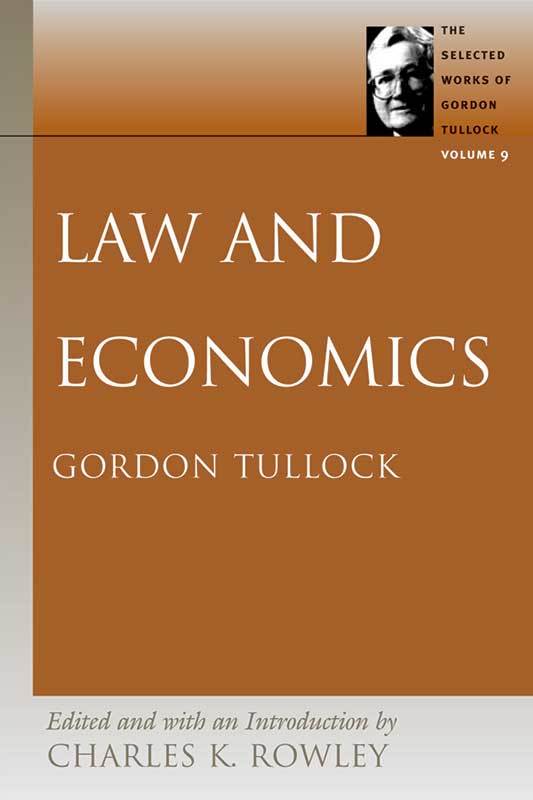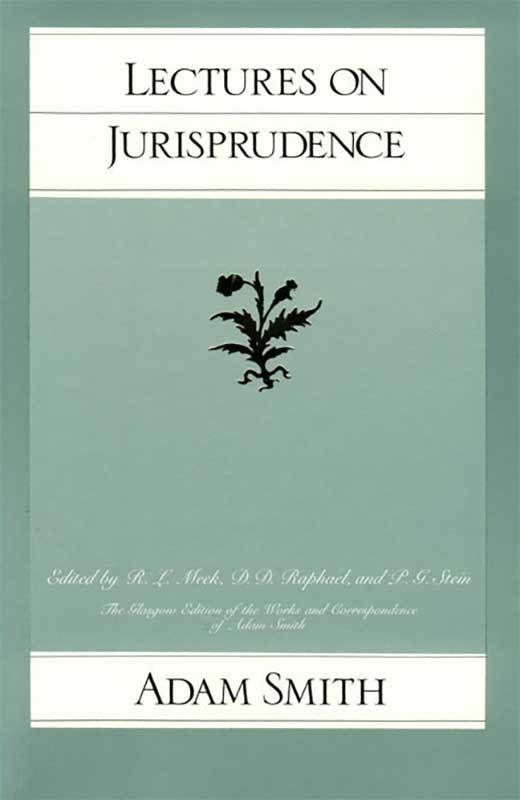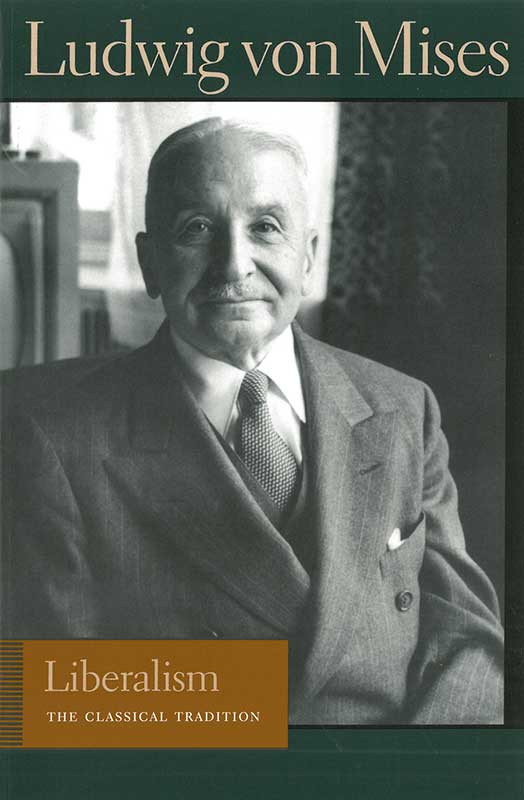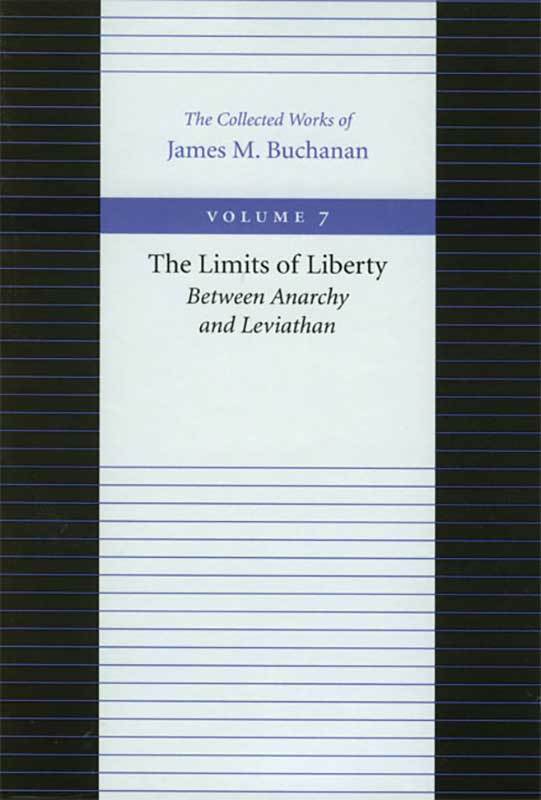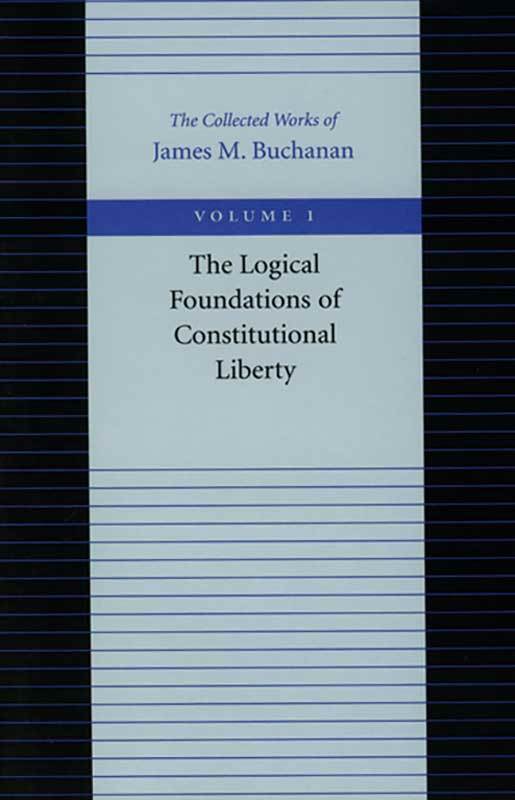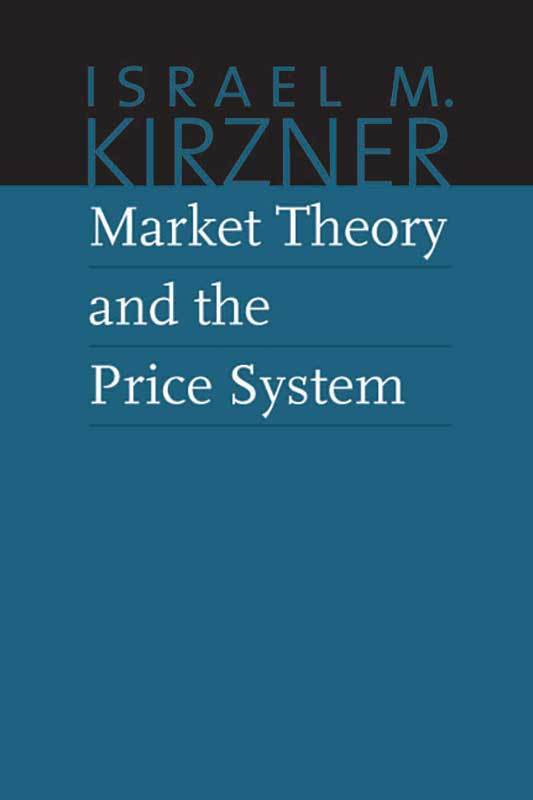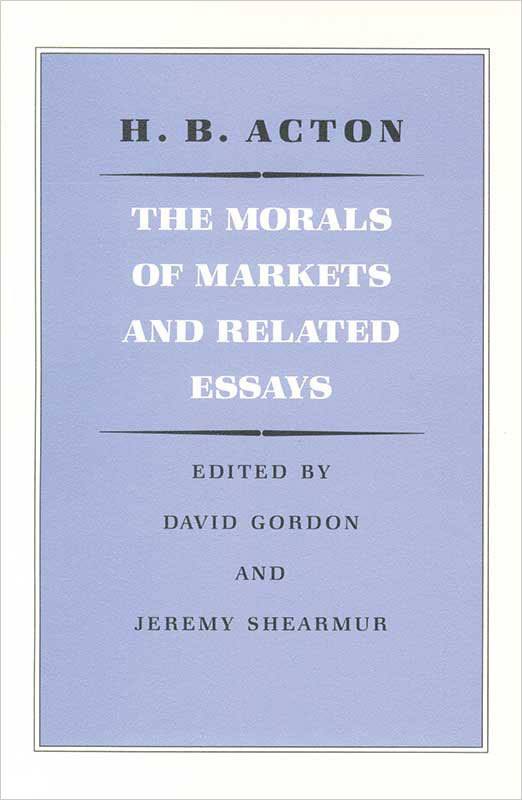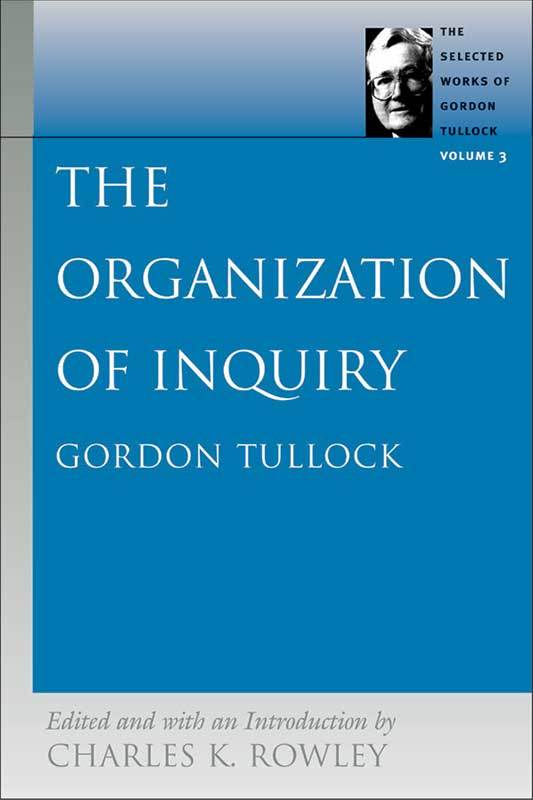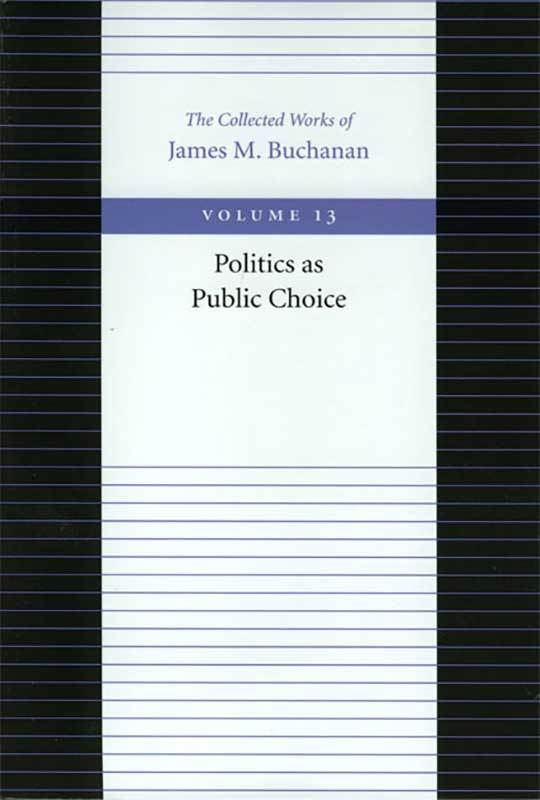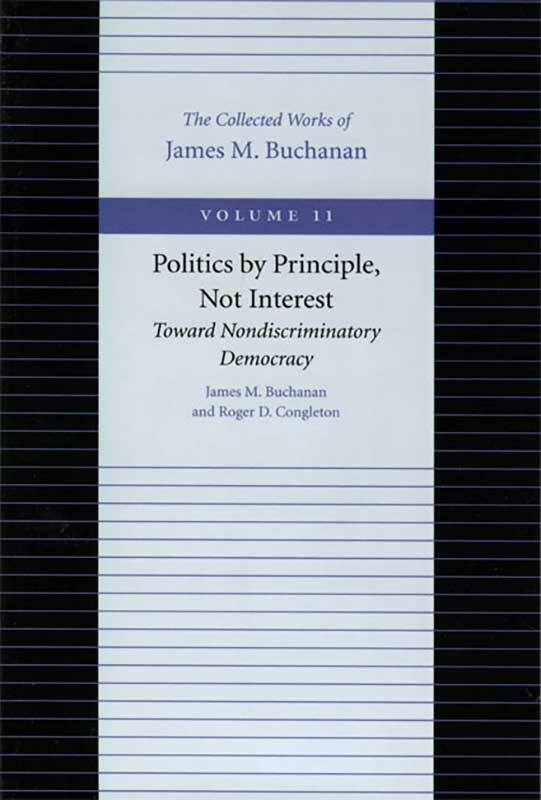Economics
-
Law and Economics
by Gordon Tullock
/ Learn MoreGordon Tullock’s innovative scholarship in law and economics shines in this volume. It includes, in full, his famous book The Logic of Law, the first book to analyze the law from the perspective of economics. It also includes an influential and controversial monograph, The Case against the Common Law, the best chapters from his book, Trials on Trial, as well…
-
Lectures on Jurisprudence
by Adam Smith
/ Learn MoreSmith’s Lectures on Jurisprudence, originally delivered at the University of Glasgow in 1762–1763, presents his “theory of the rules by which civil government ought to be directed.” The chief purpose of government, according to Smith, is to preserve justice; and “the object of justice is security from injury.” The state must protect the individual’s right to his person, property, reputation,…
-
Lectures on Rhetoric and Belles Lettres
by Adam Smith
/ Learn MoreThe “Notes of Dr. Smith’s Rhetorick Lectures,” discovered in 1958 by a University of Aberdeen professor, consists of lecture notes taken by two of Smith’s students at the University of Glasgow in 1762–1763. There are thirty lectures in the collection, all on rhetoric and the different kinds or characteristics of style. The book is divided into “an examination of the…
-
Liberalism
by Ludwig von Mises
/ Learn MoreThis book presents the theoretical and practical arguments for liberalism in the classical tradition as defined by Mises as “the liberal doctrine of the harmony of the rightly understood interests of all members of a free society founded on the principle of private ownership of the means of production.” The foundation of liberalism, Mises says, rests on an understanding and…
-
The Limits of Liberty
by James M. Buchanan
/ Learn MorePublished originally in 1975, The Limits of Liberty made James Buchanan’s name more widely known than ever before among political philosophers and theorists and established Buchanan, along with John Rawls and Robert Nozick, as one of the three new contractarians, standing on the shoulders of Hobbes, Locke, and Kant. While The Limits of Liberty is strongly related to Buchanan’s Calculus…
-
The Logical Foundations of Constitutional Liberty
by James M. Buchanan
/ Learn MoreThe thirty-one papers presented in this volume offer scholars and general readers alike a comprehensive introduction to the work of one of the greatest economists of the modern era. Many of Buchanan’s most important essays are gathered in this inaugural volume of the twenty-volume series from Liberty Fund of his Collected Works. The essays are arranged thematically and so present…
-
Market Theory and the Price System
by Israel M. Kirzner
/ Learn MoreThe second volume in Liberty Fund’s Collected Works of Israel M. Kirzner series, Market Theory and the Price System was published in 1963 as Kirzner’s first (and only) textbook. This volume presents an integrated view of Austrian price theory. The basic aim of Market Theory is to utilize the tools of economic reasoning to explain the market process. The unique…
-
Money, Method, and the Market Process
by Ludwig von Mises
/ Learn MoreAfter Ludwig von Mises’s death in 1973, his wife, Margit von Mises, went through his unpublished and out-of-print essays and selected twenty-one of the essays for publication. The result was Money, Method, and the Market Process, published in 1990 by Kluwer Academic Publishers and the Ludwig von Mises Institute and reissued now by Liberty Fund. In his introduction to the…
-
The Morals of Markets and Related Essays
by H. B. Acton
/ Learn MoreAlthough the market economy is not as unpopular now as when Acton wrote The Morals of Markets, the morality of buying and selling has long bothered man’s conscience. Defenses of capitalism often establish its efficiency or rely on a “that is the way human nature is anyway” argument. This book asserts that a free market is a necessary condition for…
-
The Organization of Inquiry
by Gordon Tullock
/ Learn MoreThe Organization of Inquiry, the third volume in Liberty Fund’s The Selected Works of Gordon Tullock, was originally published by Duke University Press in 1966. This is a treatise by one of the most stalwart practitioners of the scientific method in political economy—Gordon Tullock. Charles K. Rowley, Duncan Black Professor of Economics at George Mason University, writes in his introduction…
-
Politics as Public Choice
by James M. Buchanan
/ Learn MoreThis volume presents a collection of thirty-four essays and shorter works by James M. Buchanan that represent the brilliance of his founding work on public-choice theory. The work of James M. Buchanan is perhaps most often associated with his helping to found public-choice theory. Buchanan’s book-length works such as The Calculus of Consent or The Reason of Rules (Volumes 3…
-
Politics by Principle, Not Interest
by James M. Buchanan and Roger D. Congleton
/ Learn More“Politics by principle is that which modern politics is not. What we observe is ‘politics by interest,’ whether in the form of explicitly discriminatory treatment (rewarding or punishing) of particular groupings of citizens or of some elitist-dirigiste classification of citizens into the deserving or non-deserving on the basis of a presumed superior wisdom about what is really ‘good’ for us…
35% OFF YOUR ENTIRE BOOK PURCHASE
With promo code:
SUMMER2025
Expires July 31, 2025

